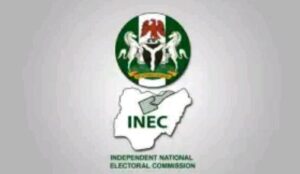Veteran journalist and former presidential media adviser, Reuben Abati, has criticized Dr. Ngozi Okonjo-Iweala after she told President Bola Tinubu that Nigeria’s economy is bouncing back.
Abati argued that Nigerians should not expect the Director-General of the World Trade Organization to openly state the harsh realities of the economy to the president.
According to him, her position as an international diplomat means she will always speak in a way that aligns with diplomatic courtesy rather than blunt criticism.
He explained that Okonjo-Iweala’s comments were not entirely new, as they echoed what the IMF and World Bank had already said about Nigeria’s economic reforms.
Her remarks, he noted, followed a familiar pattern: commend the reforms, highlight their importance, and then add a gentle reminder about the need for social safety nets.
Speaking on Arise Television, Abati reminded the public that Okonjo-Iweala’s main reason for visiting Nigeria was to launch a $50 million project aimed at helping Nigerian women enter the digital space.
While the initiative is commendable, he said people should not lose sight of that primary mission when interpreting her statements on the economy.
He pointed out that just like the IMF and World Bank, she acknowledged that while reforms are in place, the focus now must shift to achieving stronger economic growth.
Government officials may boast about stability and regular payments, but Abati questioned whether the country’s productivity is enough to sustain real growth.
Abati stressed that Nigeria remains too dependent on oil, describing it as a monocultural economy. For him, growth rates of 3.4 or 3.5 percent are far from enough.
He recalled that Nigeria once targeted double-digit growth and said the country should aim for such ambitious levels again.
He added that removing fuel subsidies and increasing revenue may solve short-term issues but will not address the deeper structural challenges. These, he said, are not things an international diplomat would spell out in front of the president.
According to Abati, the government needs fresh ideas to push the economy forward, not just stability. The key, he emphasized, is ensuring that ordinary Nigerians can feel the benefits of economic progress.
Statistics alone, he concluded, are not the measure of success—real progress is when people’s daily lives improve and when there are proper safety nets to protect them during hard times.







